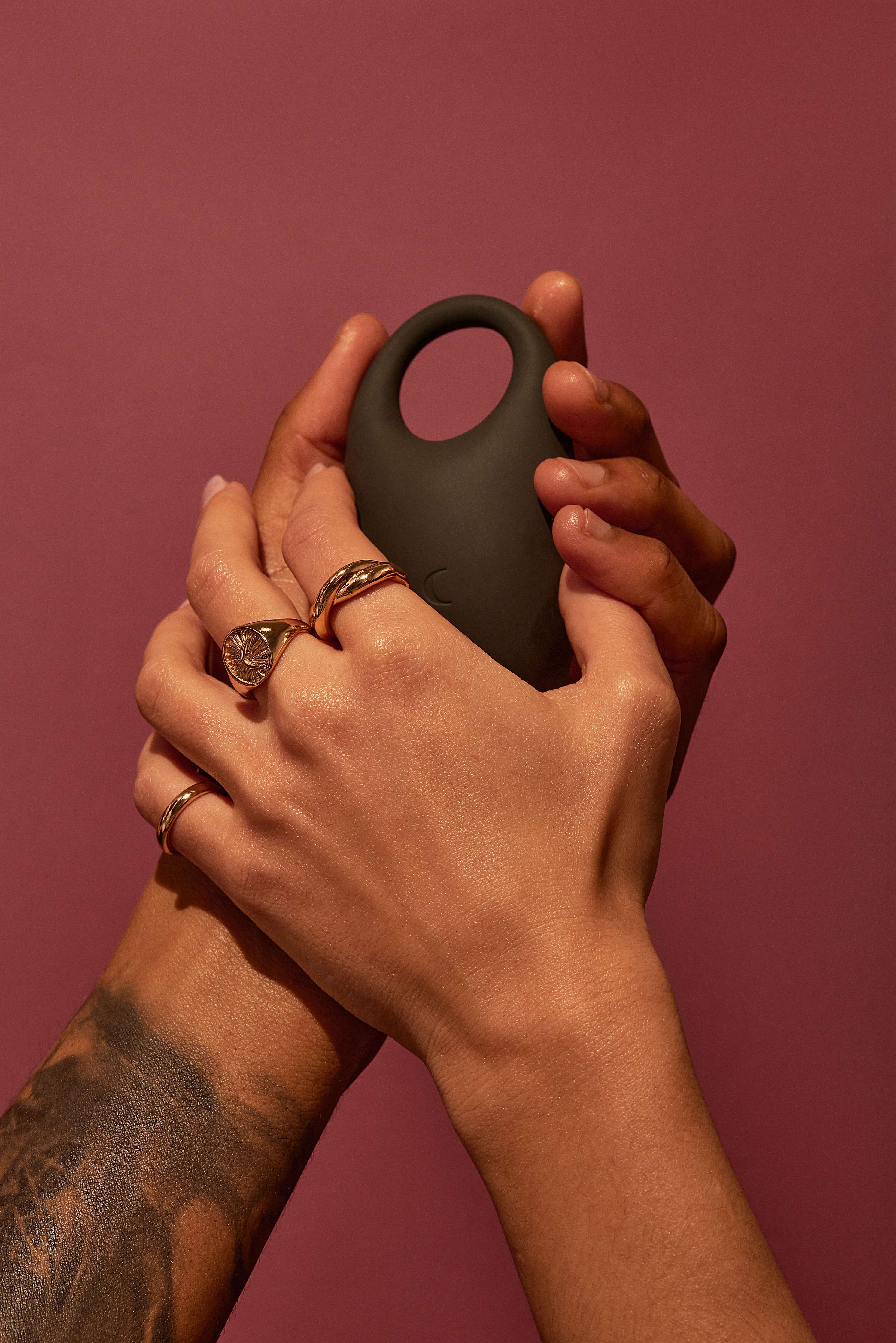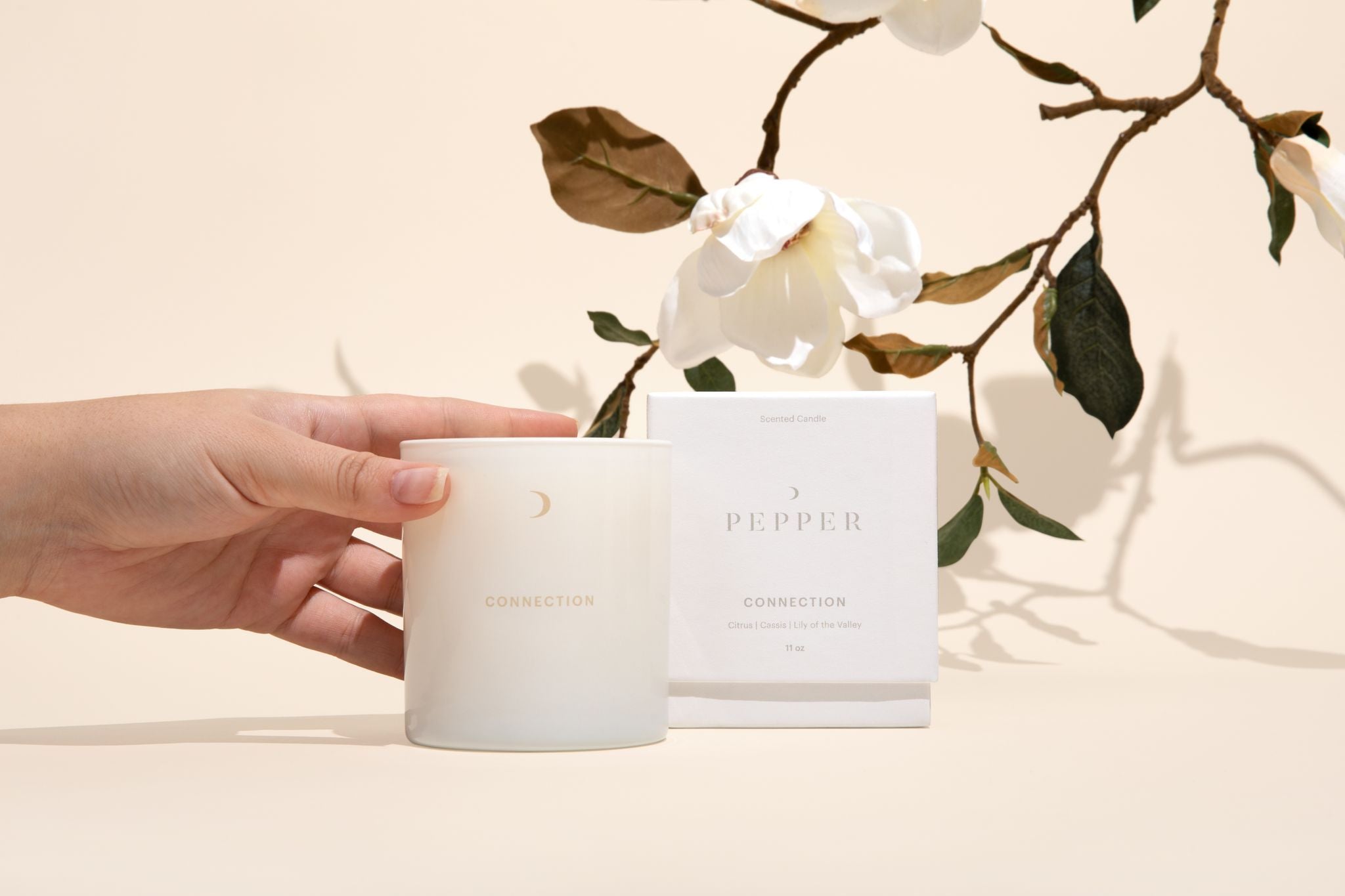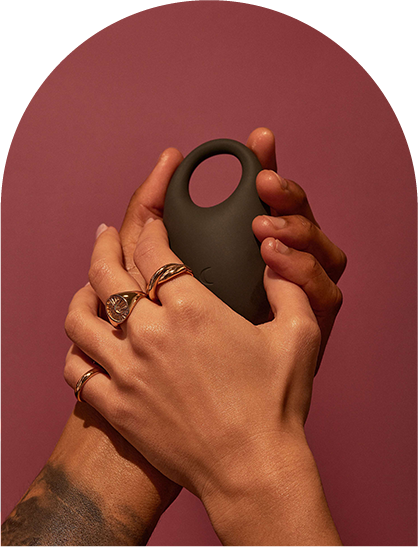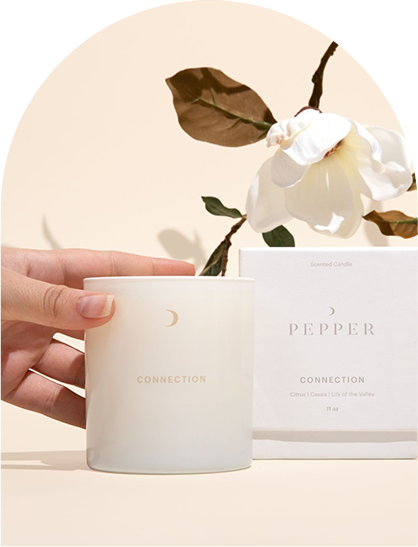Pelvic pain is relatively common (24% of women experience chronic pelvic pain), though this does not mean you should be experiencing discomfort and pain during intercourse. Unfortunately, due to a lack of sexual health education, painful sex is not something that is discussed in our culture. People often express pain to their family and friends when it involves body parts not associated with their genitals, but when it comes to genitals people tend to be silent. This is problematic because the narratives around pain during sex have been silenced.
When people have consistent pain during sex there can be various consequences. Some people shut down when they experience painful sex as a result of feeling shame or embarrassment. All too often, my clients feel like they are alone in their pain and unable to share it with their partner. This can cause emotional insecurity for both the partner experiencing the pain during intercourse and the partner who is unaware of why their sexual intimacy has talking a halt.
In many cases, individuals remove their own pleasure from the equation of having sex; instead, they have sex to perform for their partner. They want to keep their partner happy but this often is ineffective. As a result, a desire discrepancy can form and physical pain is reinforced in the body, making pleasure harder to obtain.

















